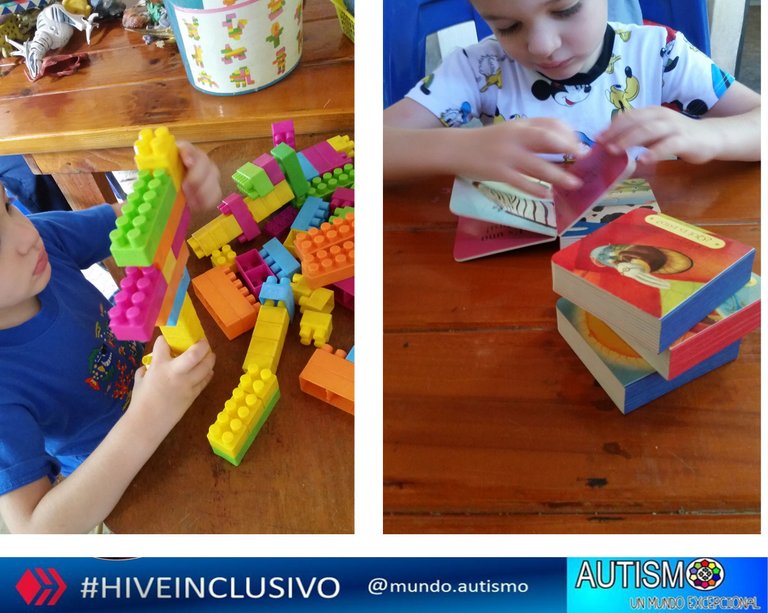
“La mayoría de nosotros no tenemos más de cinco o seis personas que nos recuerdan. Los maestros tienen miles de personas que les recuerdan por el resto de sus vidas.”
Andy Rooney.
Diversos autores han trabajo sobre el constructo de flexibilidad mental y comportamental en el espectro autista. Esta es una habilidad que faculta a las personas para hacer frente a los cambios del ambiente, de la vida, porque sabemos que lo que siempre es constante es el cambio. Esta permanencia, todo cambia es una condición del ser humano. Es algo bilateral: estar preparado para el cambio nos facilita adquirir aprendizajes y el cambio nos enseña a estar preparados para aprender.
La flexibilidad mental es aquella habilidad que nos permite adaptarnos a los cambios y a las nuevas situaciones inesperadas.
¿Cómo fomentar la flexibilidad en personas con autismo.
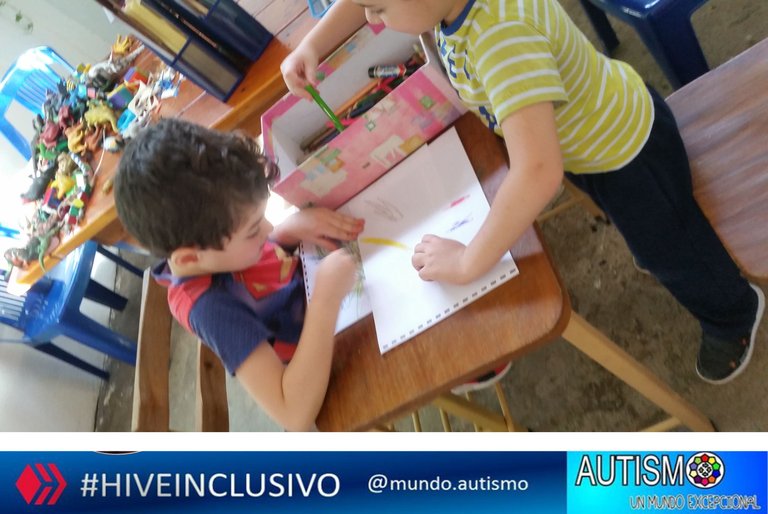
El recordado Ángel Rivière estableció en su estudio pionero sobre las 12 dimensiones afectadas en el espectro autista una interesante triada cuyos ángulos aún permanecen vigentes: flexibilidad, anticipación y sentido de actividad. Esta tríada ha sido estudiada por Peeters y Gillberg, Wing y Gould, Utha Firt, Juan Martos, enfatizando la importancia que tiene en el desarrollo de los niños dentro del espectro autista, nótese que digo dentro, ampliando el rango a aquellos que, no siendo autistas, comparten características cognitivas y conductuales, como los niños con trastorno por déficit de atención con hiperactividad, por ejemplo.
La falta de flexibilidad mental y comportamental que con frecuencia observamos, como la resistencia al cambio y conductas rígidas, las cuales hacen más difícil el proceso de adaptación a situaciones diversas, igualmente juega un papel importante en el control de la frustración, el enojo y, en general, la promoción de conductas más adaptativas.
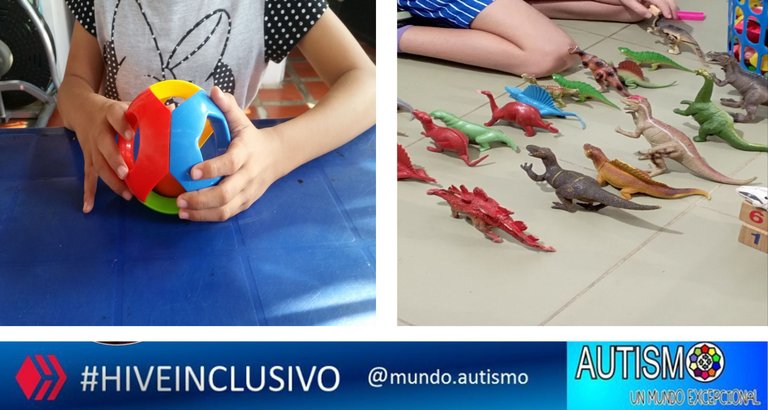
¿Cuáles acciones podemos tomar que nos ayuden a flexibilizar el pensamiento y la conducta de los niños dentro del espectro autista?
Es importante observar y conocer al niño. Recordemos que el grado de autismo, influye. Si quieres orientarse en cuanto a este aspecto, puedes consultar el inventario del espectro autista, Idea, de A. Riviére, así podrás orientar e invertir en forma más óptima tus esfuerzos.
De todas formas, podemos empezar desde un punto de partida general e ir adaptando en forma progresiva según sea la situación.
. La anticipación.
Tanto como sea posible, prevenga al niño de lo que va a ocurrir; sobre todo si no está previsto en su rutina habitual.
• Variar la rutina diaria.
Introducir pequeños cambio, unos improvisados y otros planificados, teniendo siempre de por medio una propuesta alternativa. Puede ser útil además variar el orden de las actividades, siendo éstas las mismas.
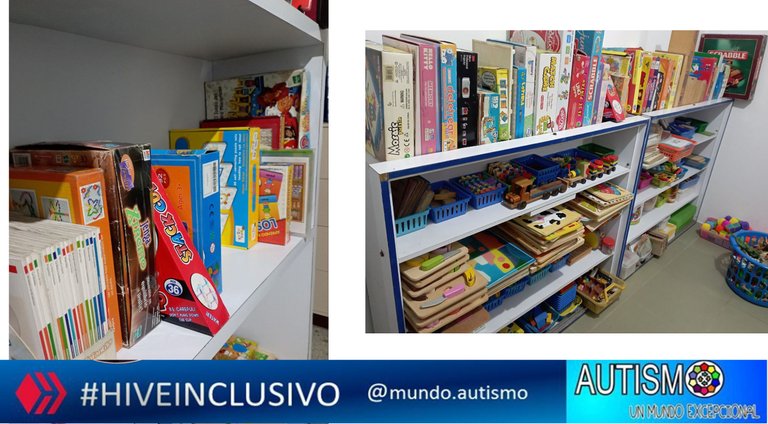
• Planificar actividades nuevas.
No sólo nuevas en el horario, sino nuevas para el niño.
• Interrumpir la actividad para hacer otra diferente.
Puede ser muy útil para observar su reacción. Puedes experimentar con interrumpir una actividad que le guste mucho y ofertar otra que le haga competencia en referencia a la motivación. Que ambas gusten mucho.
• Dejarle ganar y no dejarle ganar.
Aceptar que ha perdido para muchos niños autistas representa un verdadero reto a su capacidad de flexibilidad.
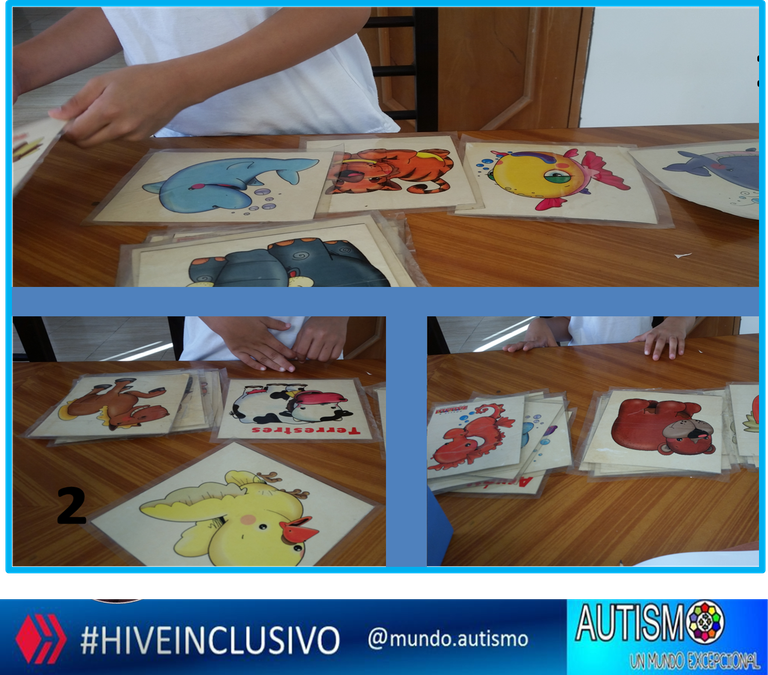
Durante la rutina natural en el hogar, se pueden introducir estas alternativas. Inclusive, el conocimiento que tengamos sobre el niño da oportunidad para crear e introducir más cambios que favorezcan nuestro objetivo. En Soy Anabel Cornago y el autismo ha sacado lo mejor de mí, podrá conocer a esta autora y madres de un niño autista, autora de una valiosa colección de materiales educativos en el área.
Algunas de estas ideas que he dejado ella las contempla en un material muy didáctico y bien explicado que podría serte de mucha utilidad. Lo podrás encontrar aquí

Soy Sandra Cabrera, licenciada en Dificultades para el Aprendizaje, con estudios de postgrado en Educación Especial Integral, Planificación Educativa y Literatura Infantil. Si te interesan los temas sobre educación especial, la discapacidad y las condiciones especiales del desarrollo, puedes contactarme a través de los números 04128032993 y 0412 8333334 y en:
El canal de Telegram, Trastornos del Aprendizaje.
En las redes sociales Instagram y Facebook1 y Facebook2. Sandra Cabrera Psicopedagoga.
En la cuenta de spreaker, @sandracabrerapodcast.
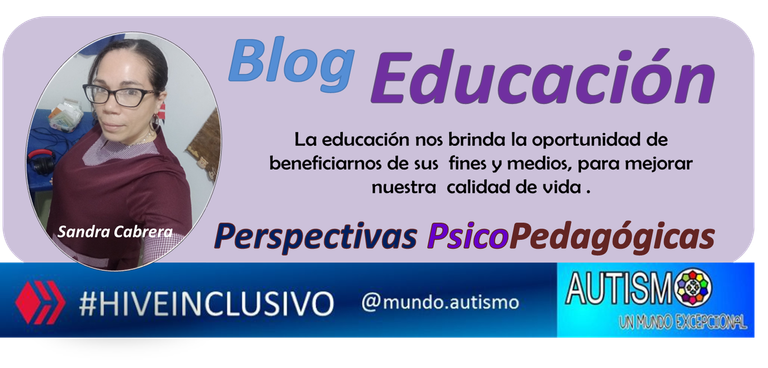
Todas las fotografías son de mi propiedad y las he tomado con mi teléfomo Redmi11.
La traducción la he realizado con Google.

“Most of us don't have more than five or six people who remember us. Teachers have thousands of people who remember them for the rest of their lives.”
Andy Rooney.
Various authors have worked on the construct of mental and behavioral flexibility in the autistic spectrum. This is a skill that enables people to cope with changes in the environment, in life, because we know that what is always constant is change. This permanence, everything changes is a condition of being human. It is a two-way street: being prepared for change makes it easier for us to acquire learning, and change teaches us to be prepared to learn.
Mental flexibility is the ability that allows us to adapt to changes and new, unexpected situations.
How to promote flexibility in people with autism.

The late Ángel Rivière established in his pioneering study on the 12 dimensions affected in the autistic spectrum an interesting triad whose angles are still valid: flexibility, anticipation and sense of activity. This triad has been studied by Peeters and Gillberg, Wing and Gould, Utha Firt, Juan Martos, emphasizing the importance it has in the development of children within the autistic spectrum, note that I say within, extending the range to those who, not being autistic, share cognitive and behavioral characteristics, such as children with attention deficit hyperactivity disorder, for example.
The lack of mental and behavioral flexibility that we frequently observe, such as resistance to change and rigid behaviors, which make the process of adaptation to diverse situations more difficult, also plays an important role in the control of frustration, anger and, in general, the promotion of more adaptive behaviors.

What actions can we take to help us make the thinking and behavior of children on the autism spectrum more flexible?
It is important to observe and get to know the child. Remember that the degree of autism has an influence. If you want to get guidance on this aspect, you can consult the autism spectrum inventory, Idea, by A. Riviére, so you can direct and invest your efforts in the most optimal way.
In any case, we can start from a general starting point and gradually adapt it according to the situation.
. Anticipation.
As much as possible, warn the child of what is going to happen; especially if it is not planned in his usual routine.
• Vary the daily routine.
Introduce small changes, some improvised and others planned, always having an alternative proposal in between. It can also be useful to vary the order of the activities, these being the same.

• Plan new activities.
Not just new to the schedule, but new to the child.
• Interrupt the activity to do a different one.
It can be very useful to observe their reaction. You can experiment with interrupting an activity that they really like and offering another one that competes with it in terms of motivation. Make sure they like both a lot.
• Let them win and not let them win.
Accepting that they have lost represents a real challenge to their capacity for flexibility for many autistic children. #

During the natural routine at home, these alternatives can be introduced. Even the knowledge we have about the child gives us the opportunity to create and introduce more changes that favor our objective. In I am Anabel Cornago and autism has brought out the best in me, you can meet this author and mother of an autistic child, author of a valuable collection of educational materials in the area.
Some of these ideas that I have left are contemplated by her in a very didactic and well-explained material that could be very useful to you. You can find it here

I am Sandra Cabrera, a graduate in Learning Difficulties, with postgraduate studies in Comprehensive Special Education, Educational Planning and Children's Literature. If you are interested in topics related to special education, disability and special developmental conditions, you can contact me at 04128032993 and 0412 8333334 and at:
The Telegram channel, Learning Disorders.
On social media Instagram and Facebook1 and Facebook2. Sandra Cabrera Psychopedagogue.
On the spreaker account, @sandracabrerapodcast.

All photos are my property and I took them with my Redmi11 phone.
The translation was done with Google.